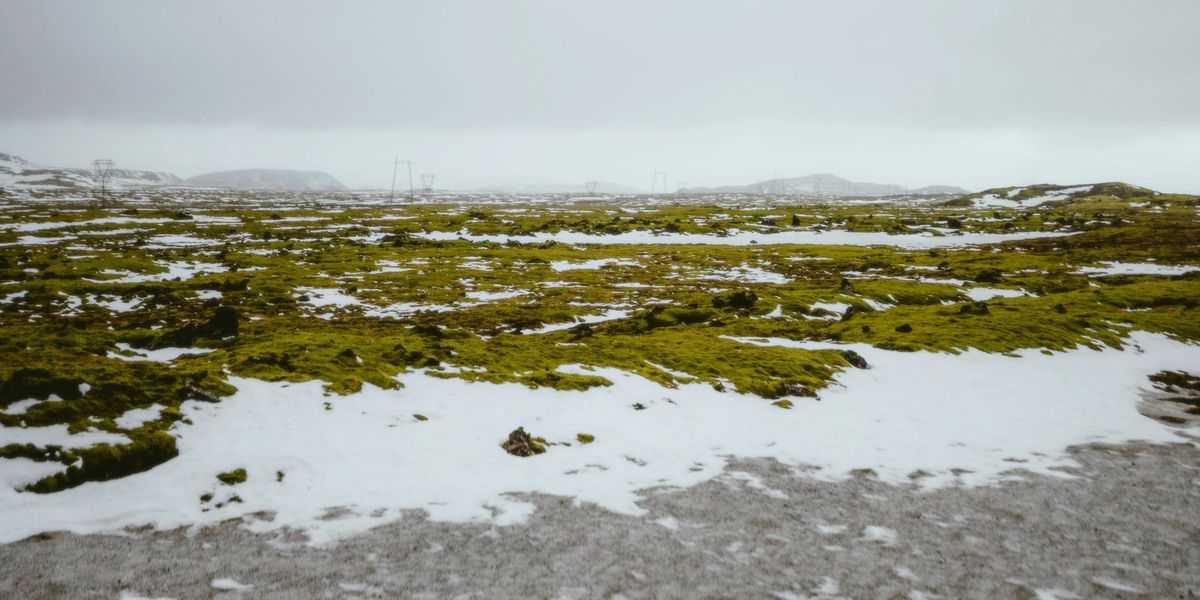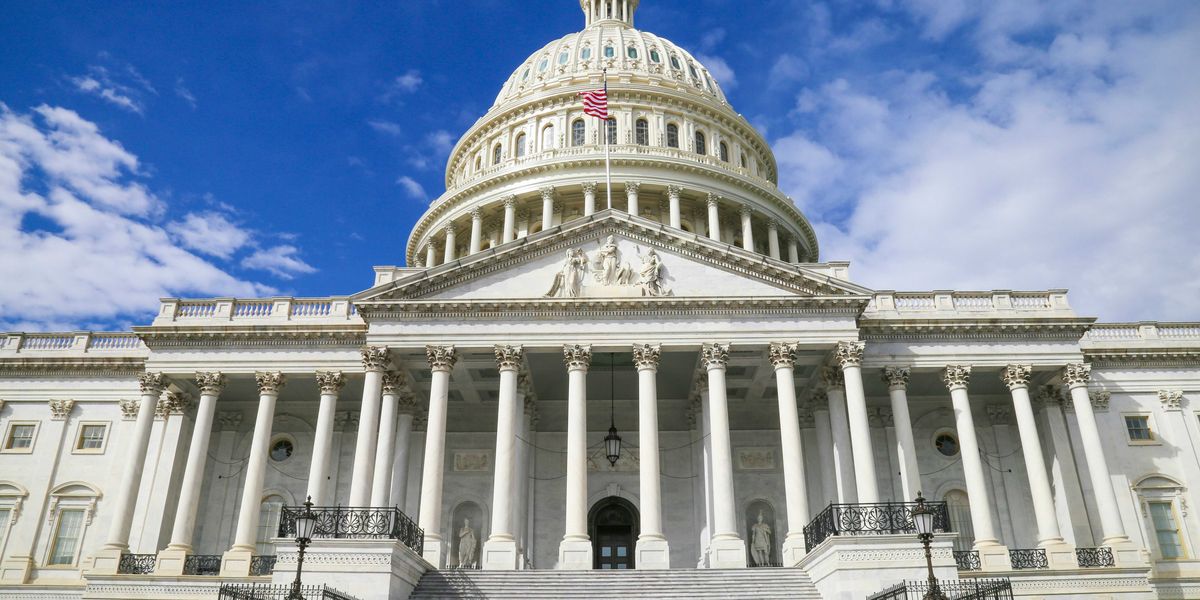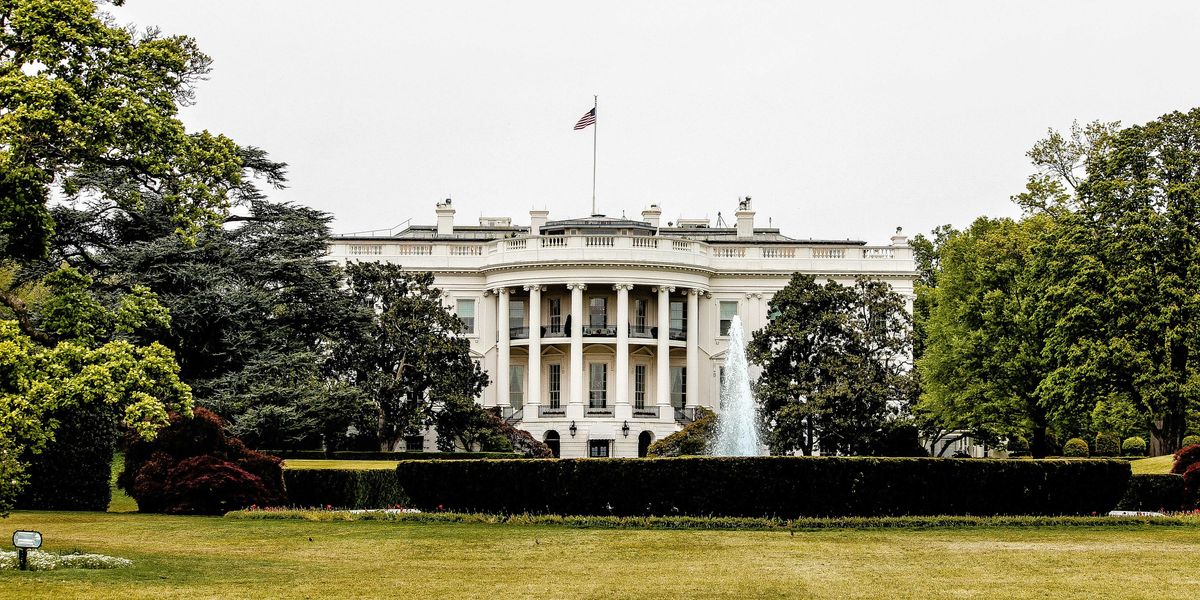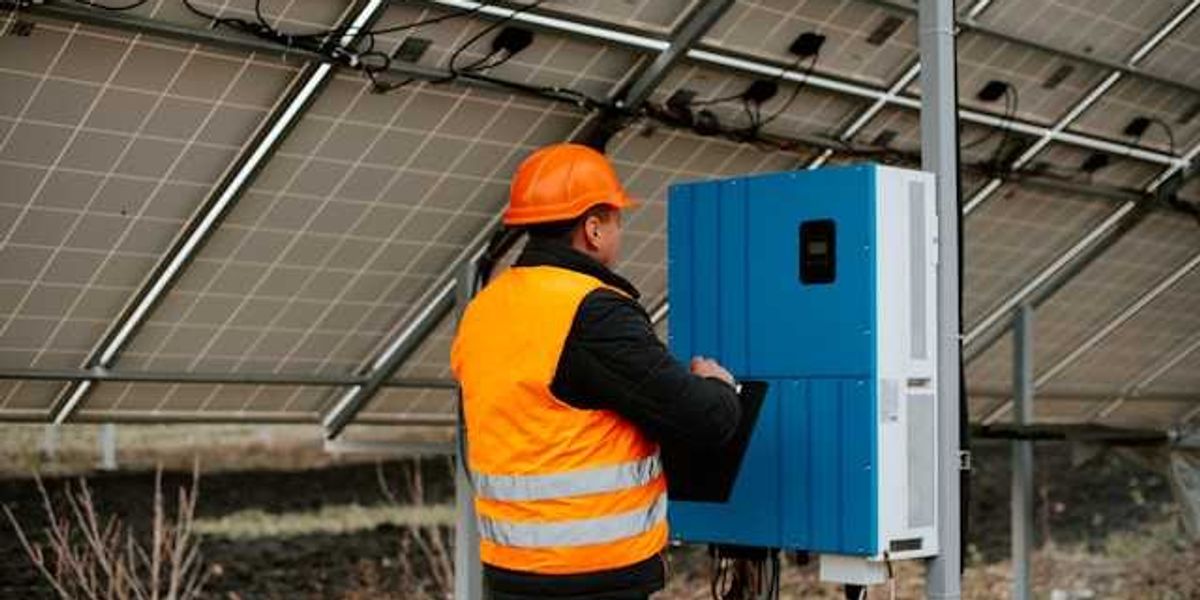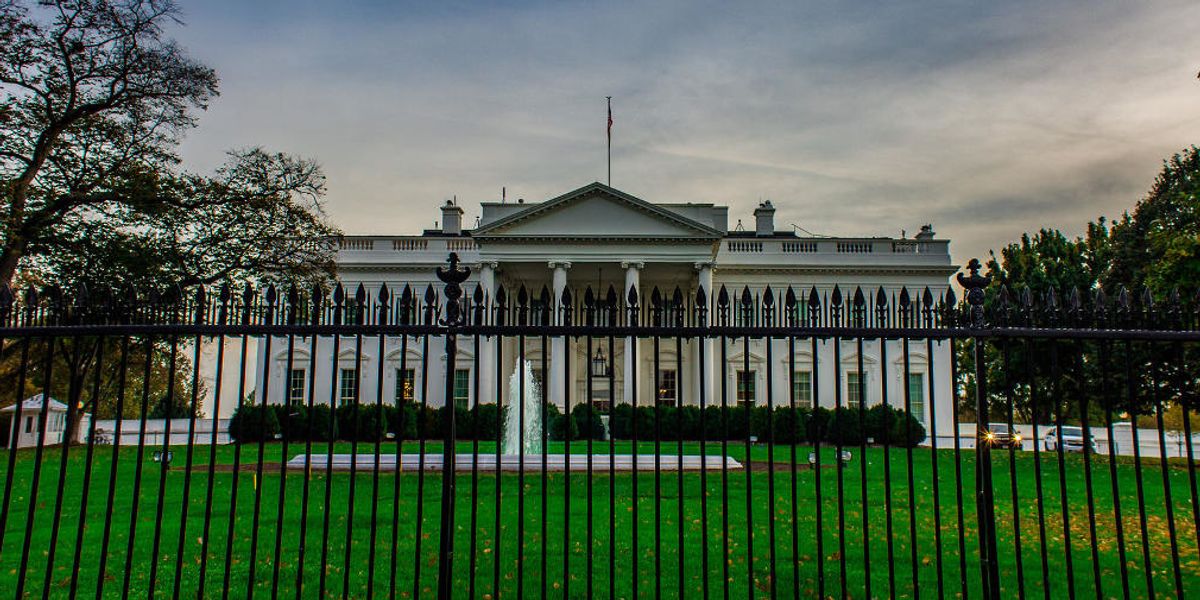
One-stop shop launched to keep track of federal efforts to stifle science
Silencing Science Tracker "tracks government attempts to restrict or prohibit scientific research, education or discussion, or the publication or use of scientific information"
Having a hard time staying on top of changes to federal science regulations and actions? A new website launched today has you covered.
The Silencing Science Tracker—a joint project from Columbia Law School's Sabin Center for Climate Change Law and the Climate Science Legal Defense Fund—has a running tally of federal government attempts to "restrict or prohibit scientific research, education or discussion, or the publication or use of scientific information," since President Donald Trump was elected in November 2016.
So far the Tracker has 96 entries, including:
- 41 of government censorship
- 11 of self-censorship
- 15 budget cuts
- 20 personnel changes
- 5 research hindrances
- 8 bias and misrepresentation
The Tracker draws from news stories and contains some well-known changes, such as climate change references being deleted from multiple government websites, but also some changes that may have flown under the radar.
For instance, the most recent entry outlines how The House Committee on Science, Space, and Technology is investigating Linda Birnbaum, the director of the National Institute of Environmental Health Sciences, for possible violations of anti-lobbying rules. Birnbaum, an award-winning, highly respected toxicologist and microbiologist co authored an article on U.S. toxics regulations that concluded "existing U.S. regulations have not kept pace with scientific advances showing that widely used chemicals cause serious health problems at levels previously assumed to be safe."
Representatives of the House Committee said the study pushes citizens to lobby for policy changes, which could violate anti-lobbying rules.
The Tracker labeled the entry—logged just this week—as "government, censorship, research hindrance."
"The vital work of scientists must be supported, made public, and listened to. When government officials block this, we plan to shine a harsh light, said Michael Gerrard, faculty director of the Sabin Center and a professor at Columbia Law School, in a statement.
Gerrard said a government that ignores science is like "a truck driver who wears a blindfold and drives based on what is whispered into his ear -- dangerous and intolerable."
See the full Silencing Science Tracker here, which also has option to sign up for daily or weekly updates.
There's also a Climate Deregulation Tracker, focused specifically on climate change rollbacks.

